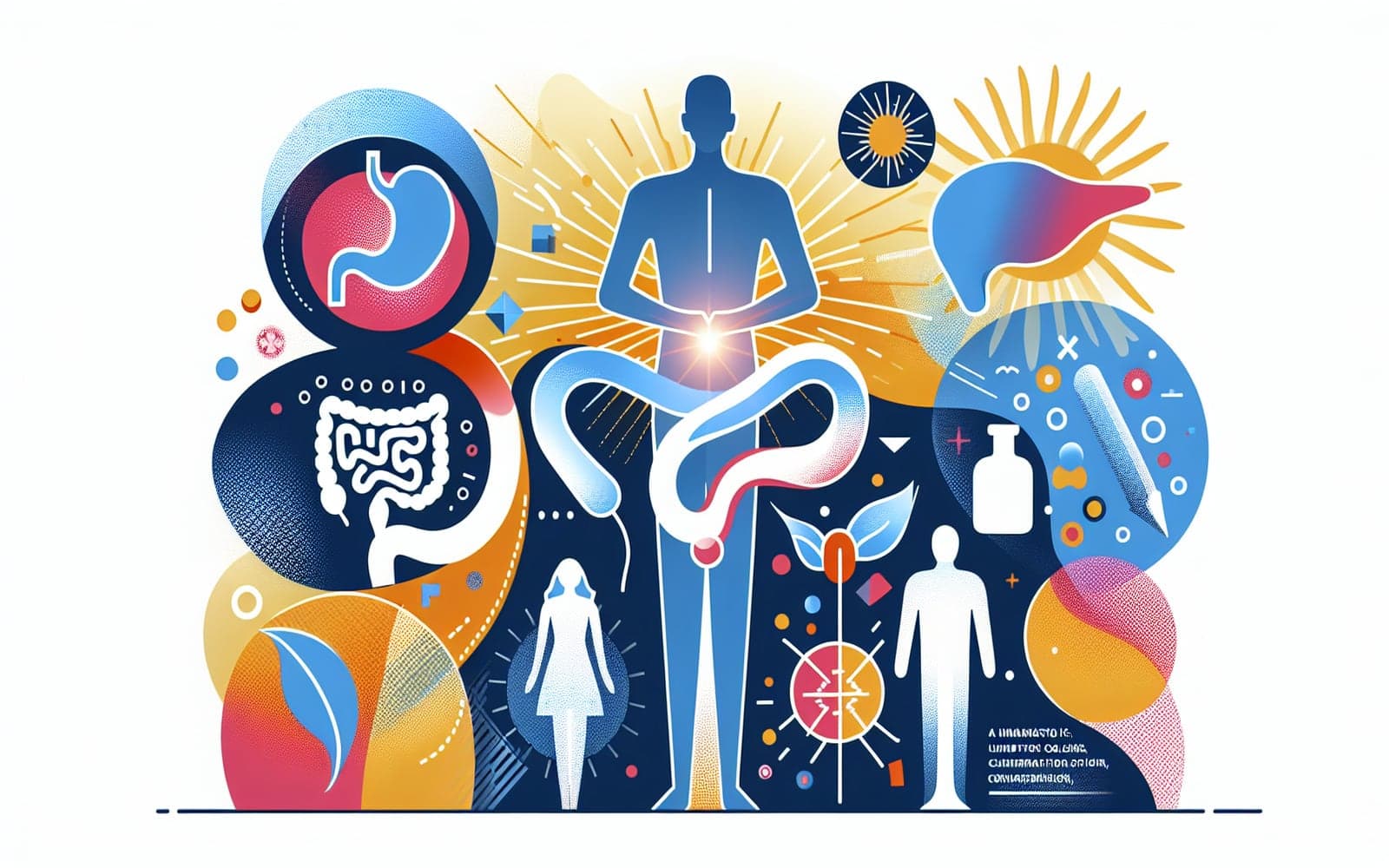5 Surprising Risk Factors for Diverticulitis You Never Knew About
Published: Aug 02, 2024
Diverticulitis, an inflammation of colon pouches, can be painful and even dangerous. But what really puts you at risk? The answers might surprise you.
Contents
The Red Meat Connection
Love your steaks and burgers? You might want to cut back. Studies show that eating lots of red meat increases your risk of diverticulitis. In fact, men who ate the most red meat had a 58% higher risk compared to those who ate the least. Consider swapping some of that red meat for chicken or fish to lower your risk.
The Weighty Issue
Carrying extra pounds doesn't just strain your heart - it can also increase your risk of diverticulitis. People with a body mass index (BMI) over 30 have a much higher risk compared to those with a healthy BMI. Even gaining weight over time can increase your risk. Maintaining a healthy weight through diet and exercise can help protect your colon.

The Medication Factor
Certain medications can increase your risk of diverticulitis. These include nonsteroidal anti-inflammatory drugs (NSAIDs) like ibuprofen, steroids, and opiates. If you're on these medications long-term, talk to your doctor about your risk. They might recommend alternatives or additional protective measures.
The Surprising Vitamin D Link
Here's a reason to soak up some sun (safely, of course): higher levels of vitamin D are associated with a lower risk of diverticulitis. One study found that people with the highest vitamin D levels had about half the risk of being hospitalized for diverticulitis compared to those with the lowest levels. Consider getting your vitamin D levels checked and discussing supplements with your doctor if needed.
Frequently Asked Questions
Surprisingly, recent studies haven't found a strong link.
Yes, smoking is associated with a higher risk of diverticulitis.
Genetics may play a role, increasing risk in some families.
Yes, regular physical activity may lower your risk.
No, studies show these foods don't increase risk.
The Big Picture
While some risk factors like age can't be changed, many lifestyle choices can help reduce your risk of diverticulitis.
References
- Cao Y, et al. Meat intake and risk of diverticulitis among men. Gut 2018; 67:466.
- Strate LL, et al. Obesity increases the risks of diverticulitis and diverticular bleeding. Gastroenterology 2009; 136:115.
- Humes DJ, et al. Concurrent drug use and the risk of perforated colonic diverticular disease: a population-based case-control study. Gut 2011; 60:219.
- Maguire LH, et al. Higher serum levels of vitamin D are associated with a reduced risk of diverticulitis. Clin Gastroenterol Hepatol 2013; 11:1631.
- Strate LL, et al. Nut, corn, and popcorn consumption and the incidence of diverticular disease. JAMA 2008; 300:907.
This article has been reviewed for accuracy by one of the licensed medical doctors working for Doctronic. Always discuss health information with your healthcare provider.
AI Doctor Visit Required
Appointments available 24/7
15-min consultation. No hidden costs.
AI Doctor Visit Required
For safety reasons we have been forced to end this consultation.
If you believe this is a medical emergency please call 911 or your local emergency services immediately.
If you are experiencing emotional distress, please call the the Suicide & Crisis Lifeline at 988 or your local crisis services immediately.
Contact us
You can also email us at help@doctronic.ai
We aim to reply within 5-7 days
How likely are you to recommend Doctronic to friends or family?


